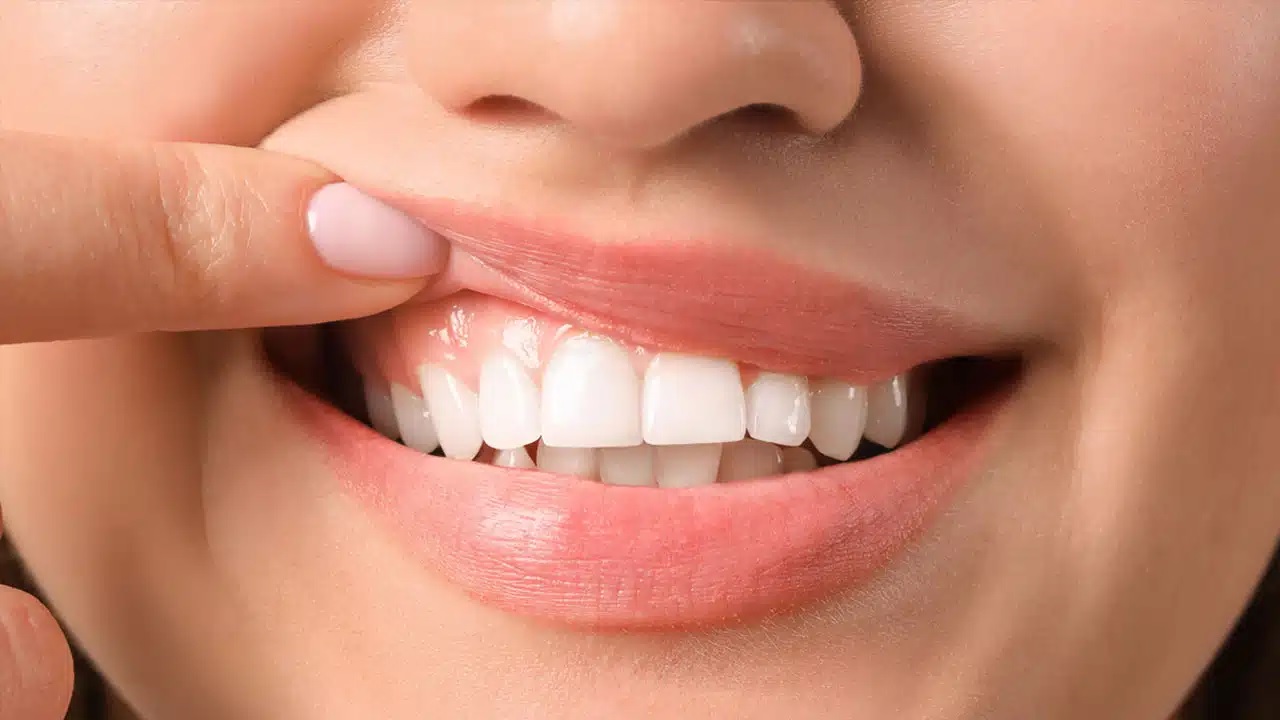Tooth color, shape, and alignment are the most fundamental aspects of oral health care for most of us. An essential component of our mouth—the gums—is frequently disregarded.
Regarding dental hygiene, do you ever give any thought to gum care? Even if your teeth are spotless and your gums are in excellent shape, that will not guarantee a mouth free of cavities. Gum disease is a slow-acting, painless condition. Because of this, early detection at a dental clinic in Dexter MI, is crucial.
Is Gum Disease What It Is?
When plaque accumulates beneath or along the gum line, gum disease develops. Bacteria are contained in the sticky layer known as plaque. Infections affecting the gums and bone might cause cavities and gum disease if this happens.
The buildup of plaque causes gingivitis, the first stage of gum disease. As a result, the gums become sensitive, swollen, inflamed, and easily bleed. Thankfully, with the correct medical care, this damage can be reversed, and the teeth can be restored because the bone and tissue that hold them are unaffected.
Gum disease symptoms
The following are examples of signs indicating gum disease could be present:
- Continually experiencing foul breath or poor taste
- Discolored, inflamed, or bleeding gums
- Increases in the width of spaces
- Deterioration of permanent teeth
- Gum recession occurs when the gums recede from the teeth.
It is Preferred to Avoid Problems Rather Than Solve Them
People can avoid gum disease by practicing good dental hygiene, essential for maintaining healthy teeth. Listed below are a few simple suggestions that can significantly assist in preventing gum problems:
Twice a day, clean your teeth for two or three minutes, being careful to glide the brush lightly around each tooth and the gum line. For optimal results, use a toothbrush with soft bristles and fluoride toothpaste.
If your toothbrush is not getting all of the plaque off your teeth, flossing every day will help. While it may not substitute for brushing and flossing, rinsing can significantly lessen plaque buildup. A practical and safe therapeutic mouthwash is at your disposal.
Eating well benefits your teeth and gums as much as it does your overall health. Eat less sweet and starchy foods; they promote plaque buildup.
To prioritize your oral well-being, it is advisable to abstain from the consumption of cigarettes and tobacco. They worsen gum disease and, in rare cases, can cause oral cancer.
Make it a habit to visit the dentist regularly. One of the most reliable methods for spotting the first symptoms of gum disease is this.


Comments are closed.